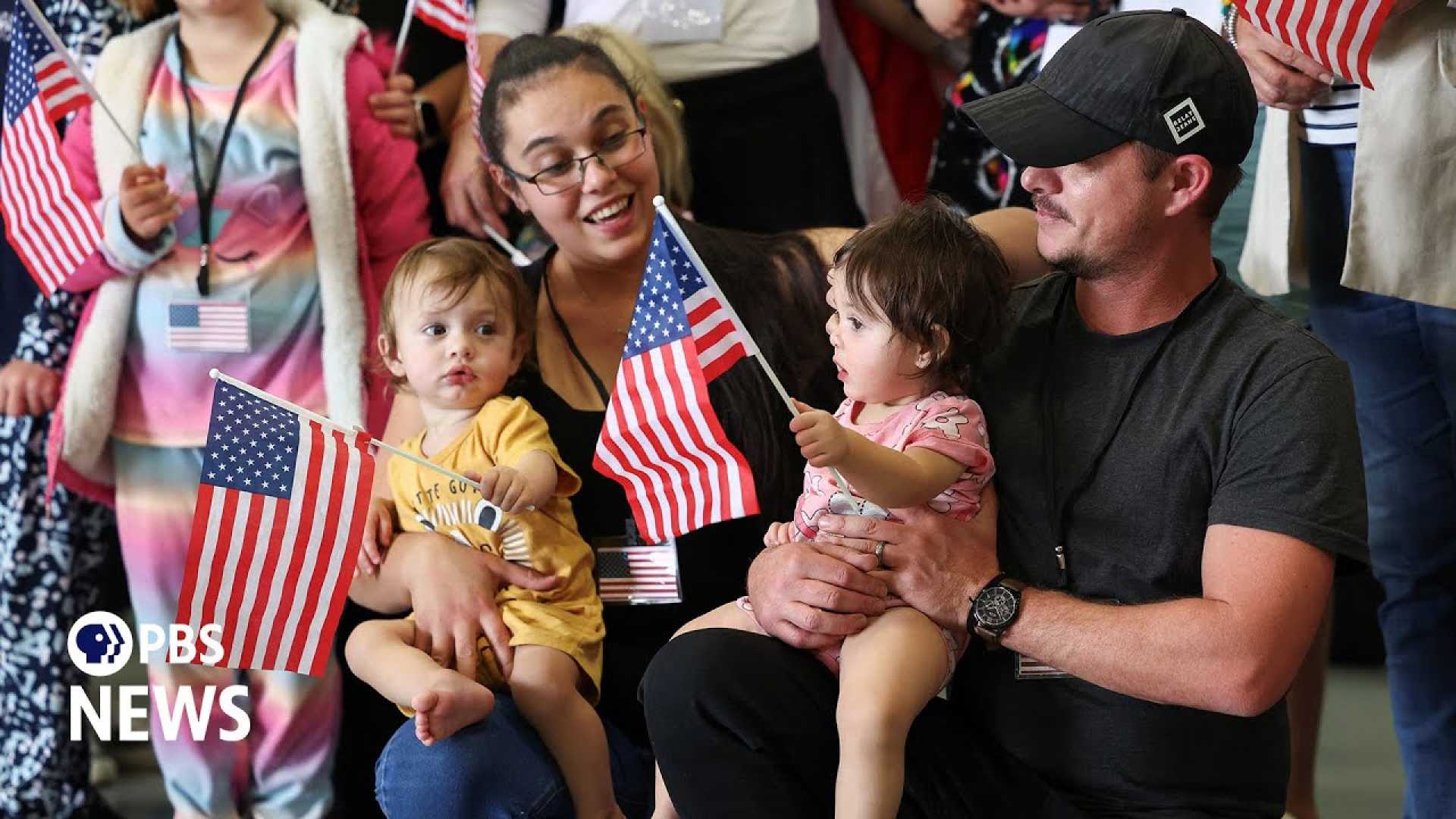News
White South African Refugees Arrive in the U.S. Amid Controversy

WASHINGTON, D.C. — A small group of 59 white South Africans, claiming persecution in their home country, arrived in the United States on Monday, May 12, 2025. This event marked the first refugee resettlement by the Trump administration after it suspended all other refugee admissions.
Trump has referred to the group, known as Afrikaners, as victims of “genocide,” asserting they are facing violence and land confiscation in South Africa. However, critics argue that claims of systemic targeting of Afrikaners lack substantial evidence and view these actions as politically motivated.
Upon arrival at Washington Dulles International Airport, the new refugees were welcomed by U.S. Deputy Secretary of State Christopher Landau, who described them as “quality seeds” likely to thrive in America. He claimed they faced serious threats and accused the South African government of failing to protect their rights.
President Cyril Ramaphosa of South Africa contested these assertions, stating, “They are leaving because they don’t want to embrace the changes” occurring in the country. He emphasized that those departing are not persecuted but are resisting necessary social reforms.
The admission of these refugees, while other groups worldwide await assistance, has sparked outrage among advocacy groups. Critics, including South African officials, label the U.S. policy as discriminatory and a diversion from supporting those in dire need.
Experts in refugee affairs have voiced concerns that the refugee program appears racially biased, favoring one ethnic group over others who face genuine threats, such as those from war-torn regions.
While some Afrikaners celebrate the opportunity to start anew in the U.S., many others, including fellow South Africans, urge them to remain and contribute to positive changes happening within the country. “The majority of us are here to stay, working together to build a better future for all in South Africa,” said Ulrich Janse van Vuuren, a proud Afrikaner who has chosen to remain.
These developments raise important questions about refugee policies and the U.S. commitment to humanitarian values amidst accusations of systemic racism.












